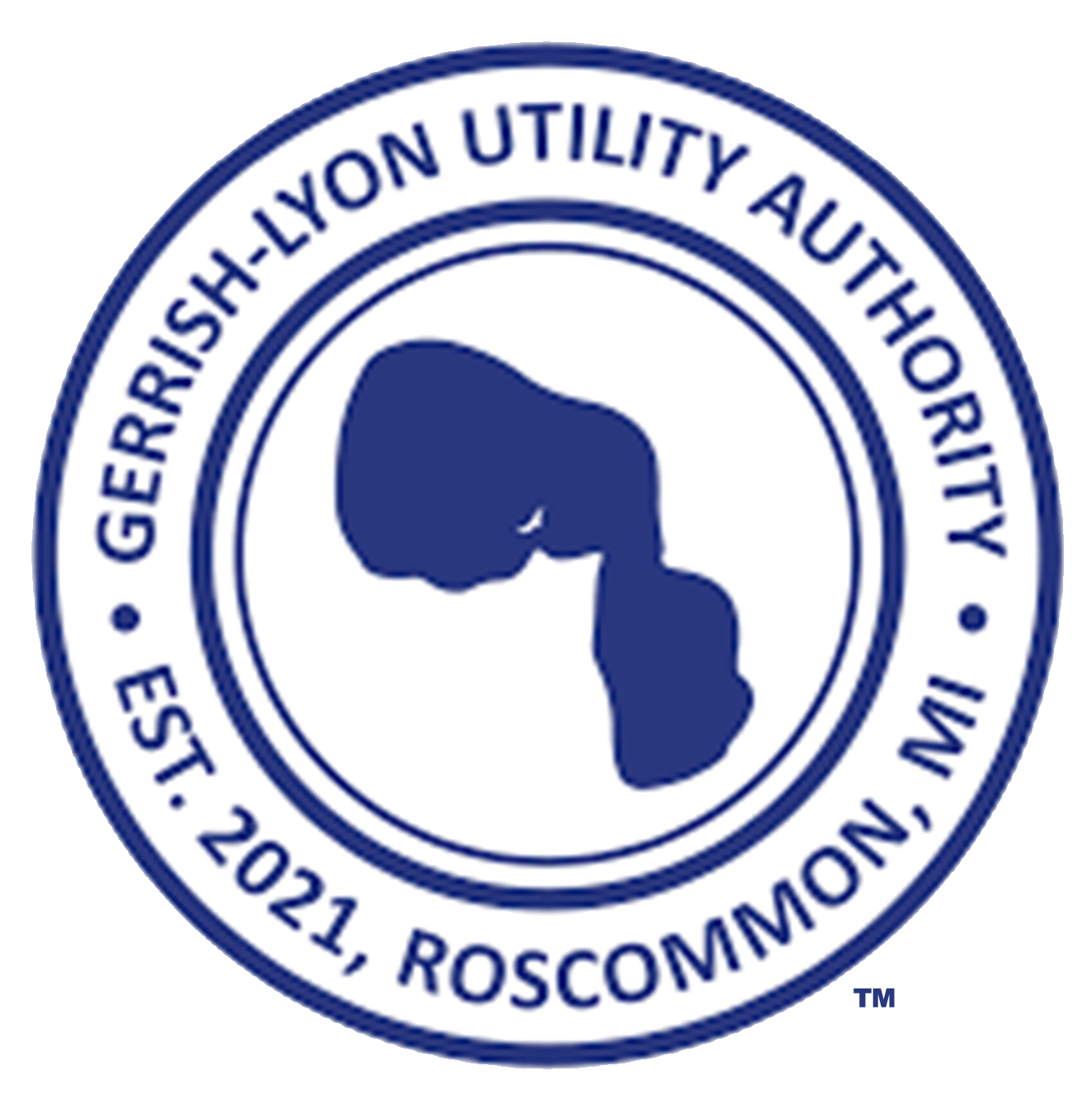Endorsements of Sewers
Joan Rose, PhD
Michigan State University
Dr. Rose and her team focus on the study of water quality and health.
Michigan State Water Alliance September 2024
DNR Michigan Department of Natural Resources April 2022
There is no doubt that nutrient enrichment of Higgins Lake is occurring, and that a significant amount of the nutrients come from septic system effluent leaching into the lake through the groundwater. If the nutrient enrichment continues at this pace, much of the deeper areas of the lake will become hypoxic, and therefore unusable for coldwater fishes.
Central Michigan District Health Department March 2024
The Central Michigan District Health Department (CMDHD) strongly supports the development and
installation of public sewers around Higgins Lake. The area around Higgins Lake was largely developed prior to modern codes making it particularly challenging to place an adequately sized onsite sewage treatment system and properly isolated water well on parcels.
Central Michigan District Health Department Aug 2021
Drinking water wells are known to be shallow and unprotected by a clay layer in many places around Higgins Lake. This puts these wells at higher risk for contamination through surface and subsurface discharge of wastewater.
U.S. Rep. Jack Bergman March 2024
The project is an appropriate use of taxpayer funds because it funds a critical need of the Higgins Lake Community by ensuring failing septic systems are replaced with a public sewer system.
Senator Michele Hoitenga Jan 2024
I wholeheartedly endorse investing in the wastewater infrastructure around Higgins Lake, recognizing the substantial economic, environmental, and health advantages it will provide for Michigan residents.
Rep. Ken Borton Jan 2024
I fully support these necessary investments in the infrastructure of Higgins Lake that will help preserve and protect these pristine waters for generations to come.
Muskegon River Watershed Assembly March 2024
The present water quality condition merits immediate remedial action to prevent downstream effects of eutrophication, elevated bacteria levels, and nutrients that change and threaten the ecology and human health in the watershed. The proposed sewage waste treatment system is an important and proven tool in protecting lake and watershed resources from these pollutants.
Muskegon River Watershed Assembly May 2022
We support this project first from a watershed protection perspective, but also from economic, social and sustainability perspectives. Many studies have shown how septic tanks are an input of nutrients into surface water and in the nearshore waters of Higgins Lake, and it has been well documented how nutrient concentrations are highly correlated to the number of septic tanks.
Huron Pines February 2022
The proposed sewer is a community project that will impact future generation by protecting drinking water, cold-water fish population, the water quality of Higgins Lake for recreational enjoyment and the economic vitality of the community.
Restorative Lake Sciences May 2022
It is widely established fact that septic system sand their drain fields can contribute significant nitrogen and phosphorus loads to inland lakes. It is confirmed that septic systems directly contribute nutrients to the lake bottom that fuels primary production such as weed growth and algae
Michigan Lake and Streams Assoc., Inc. March 2022
This project will contribute to the health of Higgins Lake as well as the groundwater and the watershed overall. A sewer system project like this is a huge step in preserving Higgins Lake for future generations.
Higgins Lake Foundation and Higgins Lake Property Owners Assc. Sept 2021
One central theme is that all scientific reports point to the deterioration of the water quality of Higgins Lake because of phosphates from residential septic transported via ground water to the shallow areas, and now into the deepest areas of the lake.
